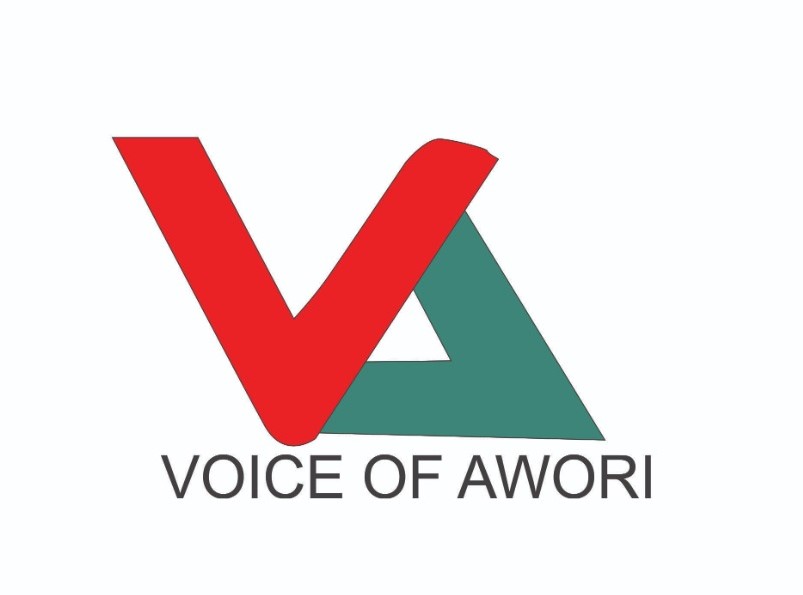Fatima Musa, a former Boko Haram member who has undergone de-radicalisation, shared her experience at a community dialogue meeting organised recently by the Allamin Foundation for Peace and Development.
She admitted that, as young people with limited religious knowledge, they had been misled.
“We were deceived in our youth through a misinterpretation of religion, only to later realise that we had gone down the wrong path.
“I regret tearing up my NCE certificate when I foolishly embraced the distorted belief that Western education was Haram (forbidden),” Fatima said.
Hajiya Hamsatu Allamin, Head of the Allamin Foundation for Peace and Development, runs a private de-radicalisation project focusing on female members of the sect in the North East.
She explained that Islamic clerics involved in de-radicalisation counter extremist narratives through superior religious arguments.
As she pointed out, Boko Haram is an ideological group that has been misled by a distorted interpretation of the Holy Quran.
Therefore, well-versed clerics are essential in correcting these misconceptions by teaching the true principles of Islam as a religion of peace.
Allamin also highlighted that many women who voluntarily joined the sect but have since been de-radicalised through her foundation are now playing a crucial role in persuading others to surrender.
“Some of these women are responsible for calling their female friends, husbands, and children in the bush to convince them to surrender,” she said.
The ‘Borno Model’, introduced in 2021 by Gov. Babagana Zulum’s administration, is a non-kinetic approach that offers insurgents willing to renounce violence the opportunity to surrender to the military.
The model primarily relies on dialogue to persuade Boko Haram and ISWAP fighters to lay down their arms at designated reception centres and embrace peace.
“This is a community-driven initiative geared towards a win-win situation; both parties stand to gain from the model,” said Retired Brig.-Gen Abdullahi Ishaq, Special Adviser on Security to Gov. Zulum, during a presentation on the initiative.
On July 5, 2021, the first group of nine insurgents, accompanied by their 11 wives and 12 children, surrendered and were brought to Maiduguri.
This marked the beginning of a mass surrender, with over 100,000 individuals laying down their arms within a few months.
Last week, Gov. Zulum briefed a Sahel security think tank, the Alliance of Sahel Institute for Security Studies, alongside members of the Norwegian Institute for Conflict Resolution.
He revealed that the number of surrendered individuals had exceeded 300,000.
However, it is important for the public to recognise that not all those who surrendered were combatants.
They include a mix of fighters, non-combatants, and their families.
Among them are farmers, women, and children who had been held captive by the insurgents, including some of the Chibok girls, who are classified as rescued victims.
The Borno Commissioner for Information and Internal Security, Prof. Usman Tar, noted that the model aligns with the UN framework for handling individuals exiting terrorist organisations.
He explained that it follows a structured process known as Disarmament, Demobilisation, De-radicalisation, Rehabilitation, Reconciliation, and Reintegration (DDDRRR).
The Borno Model draws inspiration from the United Nations-backed initiatives in Sierra Leone and Liberia, which were introduced to curb widespread violence in those countries.
Similarly, the Borno Model has gained international recognition, leading to the signing of a Memorandum of Understanding (MoU) for UN support in managing the mass surrender.
“It has gained international recognition as one of the most effective non-kinetic actions in recent times.
“Gov. Zulum was at the UN House in Abuja to sign a joint memorandum of understanding for UN support in managing the mass defection,” Ishaq stated.
The model was adopted following a stakeholders’ meeting in Maiduguri, which included security agencies, civil society organisations, international bodies, and traditional and religious leaders.
This decision came after the military had technically defeated the insurgents.
Zulum stressed that after a decade of conflict and massive destruction, Borno’s people saw no reason to continue the war when peace was possible through dialogue.
“We need to review the pros, cons, and implications of the surrender in order to agree on a framework that is well thought out, we are in a very difficult position regarding the ongoing surrender.
“We have to choose between an endless war or cautiously accepting the surrendered terrorists.
“This is truly painful and difficult for anyone who has lost loved ones,” Zulum remarked during the historic meeting that endorsed the non-kinetic approach.
The opportunity for mass surrender arose following the death of the notorious sect leader, Abubakar Shekau.










